Fiber is amazingly significant.
It leaves your stomach undigested and winds up in your colon, where it encourages benevolent gut microbes, prompting different medical advantages (1 Trusted Source, 2 Trusted Source). Specific sorts of fiber may likewise advance weight reduction, lower glucose levels and battle stoppage (3 Trusted Source, 4 Trusted Source, 5 Trusted Source).
The prescribed every day admission is 25 grams for ladies and 38 grams for men.
Be that as it may, a great many people are just eating around half of that, or 15–17 grams of fiber for each day.
Luckily, expanding your fiber admission is moderately simple — essentially incorporate nourishment into your eating routine that have a high rate (%) of fiber per weight.
Here are 22 high-fiber sustenance that are both solid and fulfilling.
Pears (3.1%)
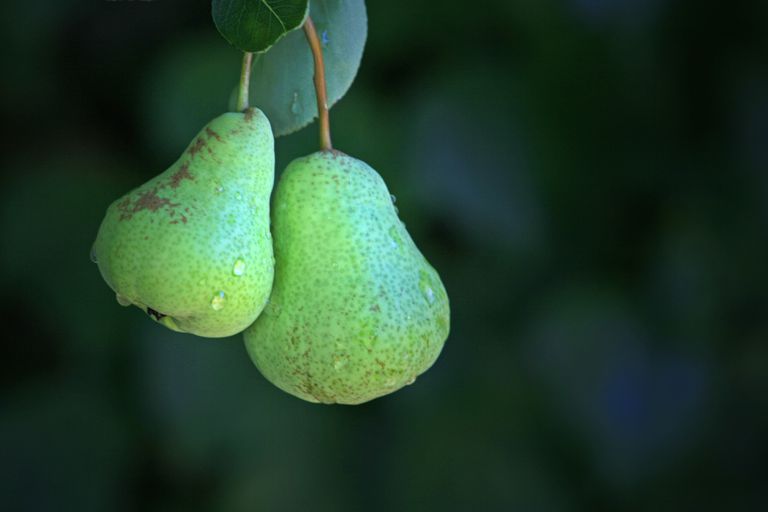
The pear is a prominent kind of organic product that is both scrumptious and nutritious. It’s a standout amongst other natural product wellsprings of fiber.
Fiber content: 5.5 grams in a medium-sized pear, or 3.1 grams per 100 grams
Strawberries (2%)
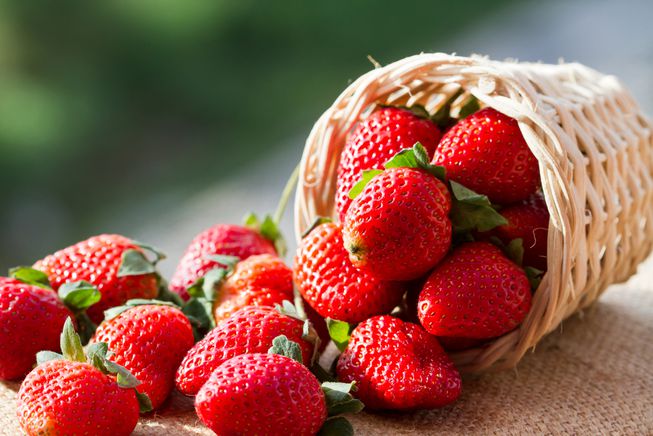
Strawberries are unfathomably scrumptious. Furthermore, they’re an a lot more beneficial alternative than any shoddy nourishment.
Curiously, they’re additionally among the most supplement thick natural products you can eat — stacked with nutrient C, manganese and different amazing cell reinforcements.
Fiber content: 3 grams in a single cup, or 2 grams for every 100 grams. This is exceptionally high given their low calorie content
Avocado (6.7%)
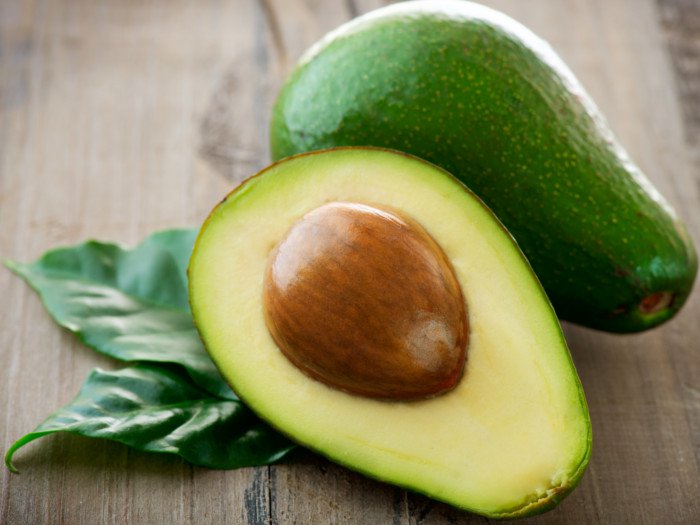
The avocado is unique in relation to generally organic products. Rather than being high in carbs, it’s stacked with solid fats.
Avocados are high in nutrient C, potassium, magnesium, nutrient E and different B nutrients. They likewise have various medical advantages.
Fiber content: 10 grams in a cup, or 6.7 grams per 100 grams
Apples (2.4%)
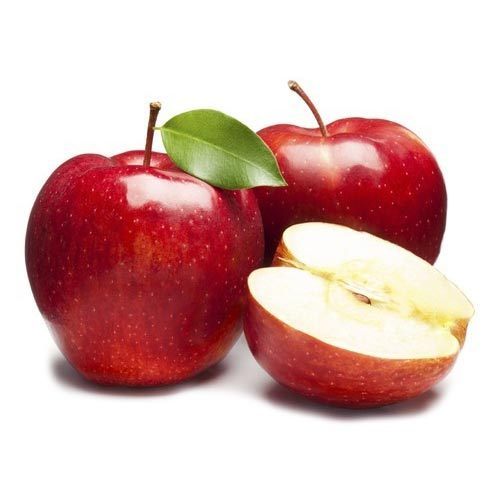
Apples are among the most delicious and most fulfilling natural products you can eat. They are likewise moderately high in fiber.
Fiber content: 4.4 grams in a medium-sized apple, or 2.4 grams per 100 grams
Raspberries (6.5%)
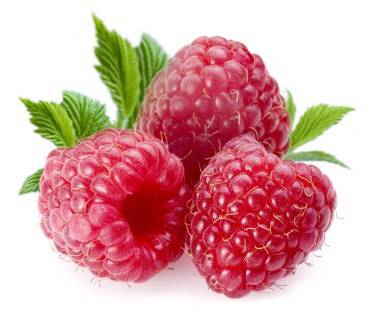
Raspberries are exceptionally nutritious with an extremely solid flavor. They’re stacked with nutrient C and manganese.
Fiber content: One cup contains 8 grams of fiber, or 6.5 grams per 100 grams
Bananas (2.6%)

Bananas are a decent wellspring of numerous supplements, including nutrient C, nutrient B6 and potassium.
A green or unripe banana likewise contains a lot of safe starch, a kind of inedible sugar that capacities like fiber.
Fiber content: 3.1 grams in a medium-sized banana, or 2.6 grams per 100 grams
Carrots (2.8%)

The carrot is a root vegetable that is scrumptious, crunchy and very nutritious.
It’s high in nutrient K, nutrient B6, magnesium and beta-carotene, a cell reinforcement that gets transformed into nutrient An in your body.
Fiber content: 3.6 grams in a single cup, or 2.8 grams per 100 grams. This is high given their low calorie content
Beets (2.8%)
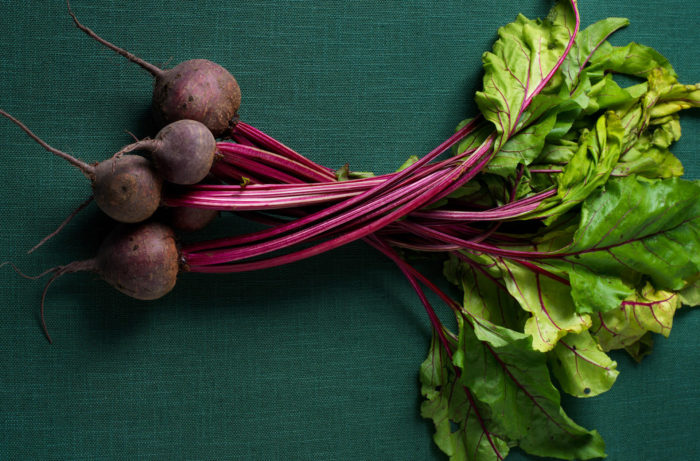
The beet, or beetroot, is a root vegetable that is high in different significant supplements, for example, folate, iron, copper, manganese and potassium.
Beets are likewise stacked with inorganic nitrates, which are supplements appeared to have different advantages identified with circulatory strain guideline and exercise execution (trusted Source).
Fiber content: 3.8 grams per cup, or 2.8 grams per 100 grams
Broccoli (2.6%)
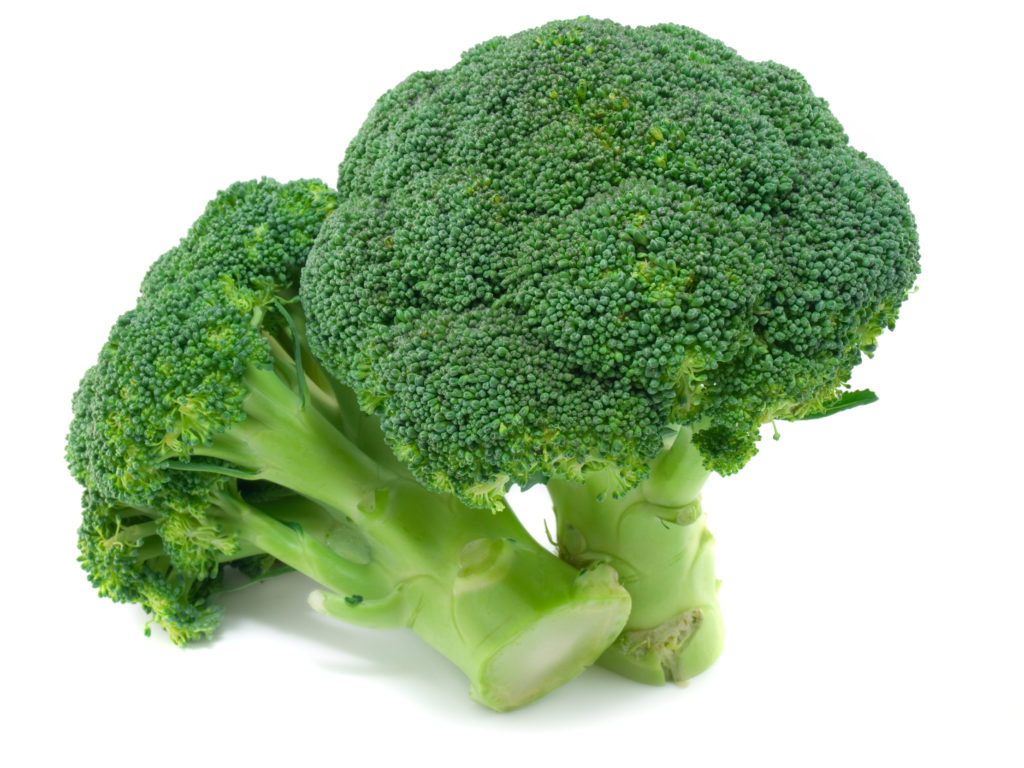
Broccoli is a kind of calciferous vegetable and one of the most supplement thick nourishment on earth.
It is stacked with nutrient C, nutrient K, folate, B nutrients, potassium, iron and manganese and contains cell reinforcements and strong malignant growth battling supplements.
Broccoli is likewise generally high in protein, contrasted with generally vegetables.
Fiber content: 2.4 grams per cup, or 2.6 grams per 100 grams
Artichoke (8.6%)
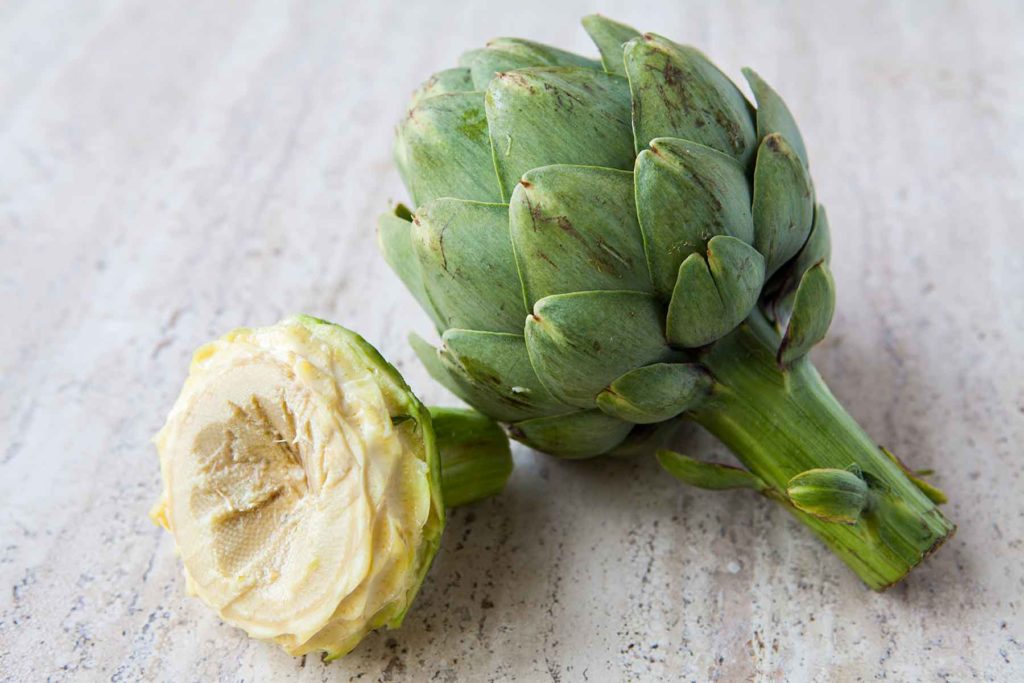
The artichoke doesn’t stand out as truly newsworthy frequently. Be that as it may, this vegetable is high in numerous supplements and one of the world’s best wellsprings of fiber.
Fiber content: 10.3 grams in a single artichoke, or 8.6 grams per 100 grams
Brussels Sprouts (2.6%)
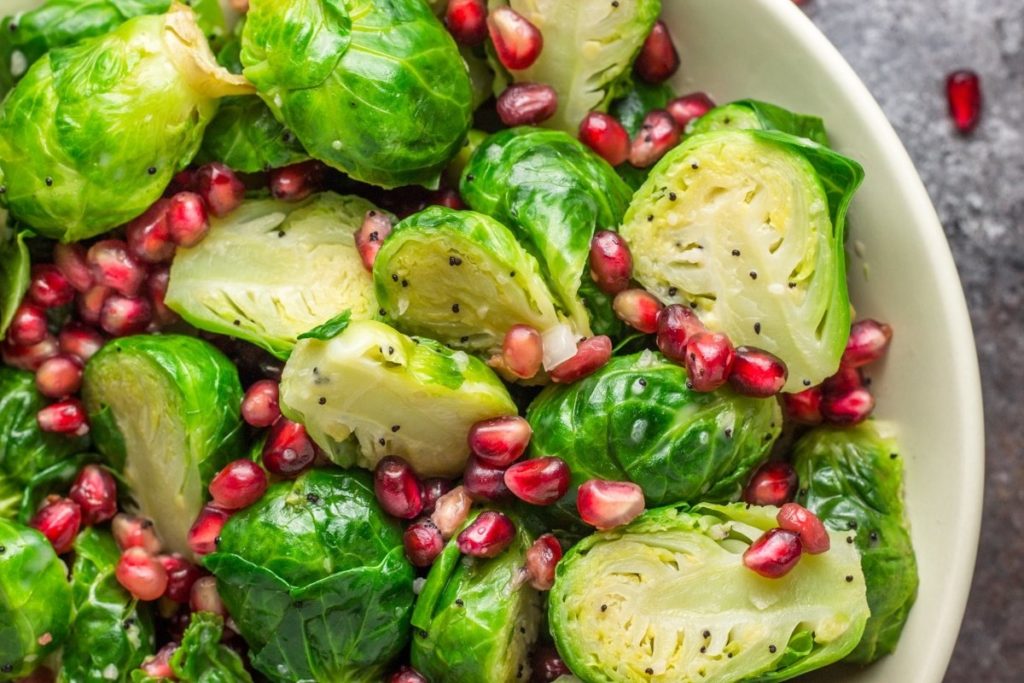
The Brussels grow is a kind of calciferous vegetable that is identified with broccoli.
They’re extremely high in nutrient K, potassium, folate and strong malignant growth battling cell reinforcements.
Fiber content: 4 grams for every cup, or 2.6 grams per 100 grams
Lentils (7.9%)
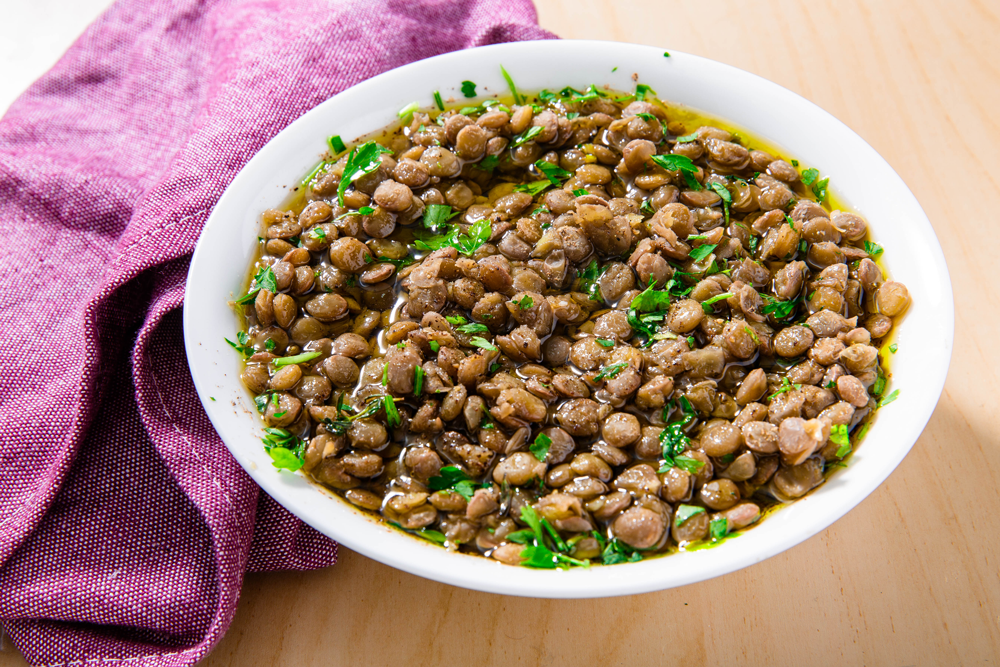
Lentils are shabby and among the most nutritious nourishment on earth. They’re high in protein and stacked with numerous significant supplements.
Fiber content: 15.6 grams per cup of cooked lentils, or 7.9 per 100 grams
Kidney Beans (6.4%)
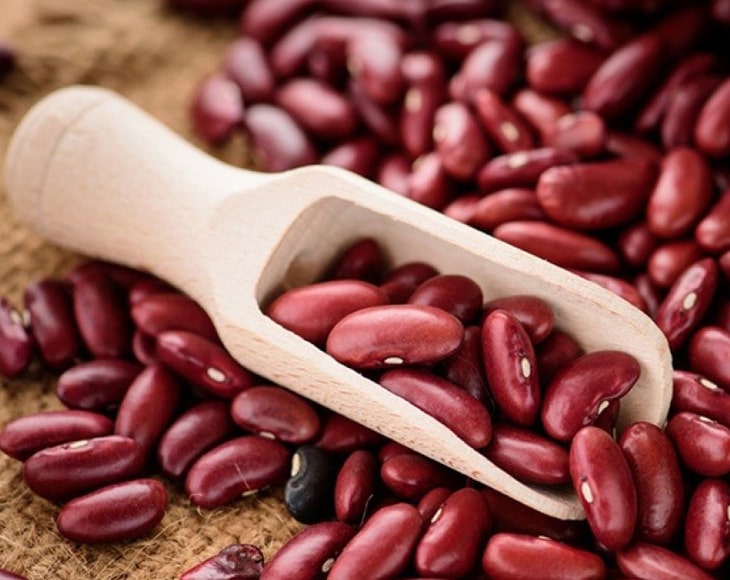
Kidney beans are a famous kind of vegetable. Like different vegetables, they’re stacked with plant-based protein and different various supplements.
Fiber content: 11.3 grams per cup of cooked beans, or 6.4 per 100 grams
Split Peas (8.3%)
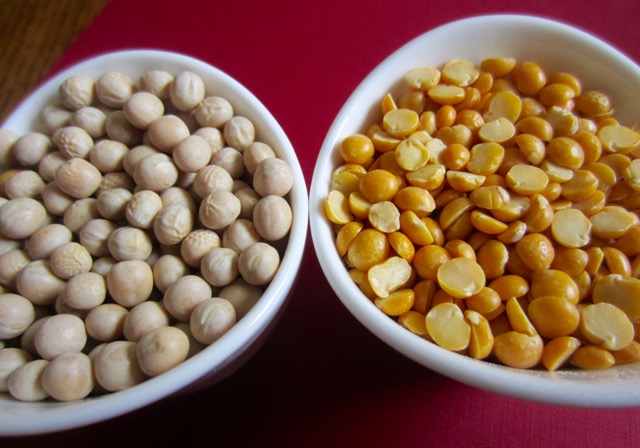
Split peas are produced using the dried, split and stripped seeds of peas.
Fiber content: 16.3 grams per cup of cooked split peas, or 8.3 per 100 grams
Chickpeas (7.6%)
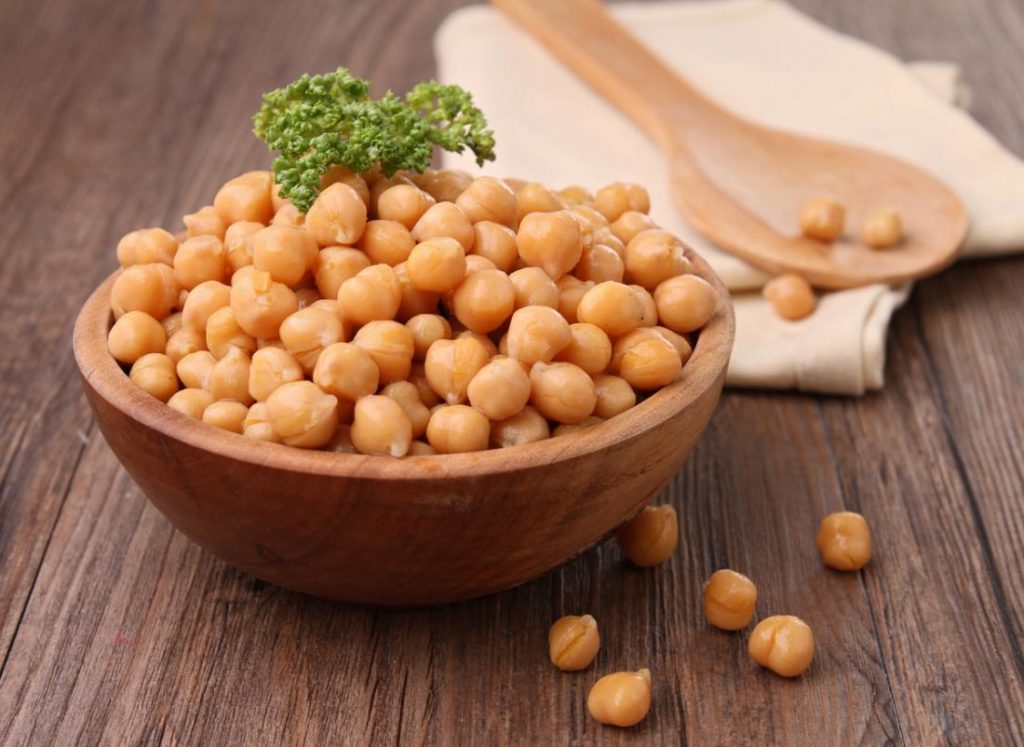
The chickpea is another kind of vegetable that is stacked with supplements, including minerals and protein.
Fiber content: 12.5 grams per cup of cooked chickpeas, or 7.6 per 100 grams
Quinoa (2.8%)
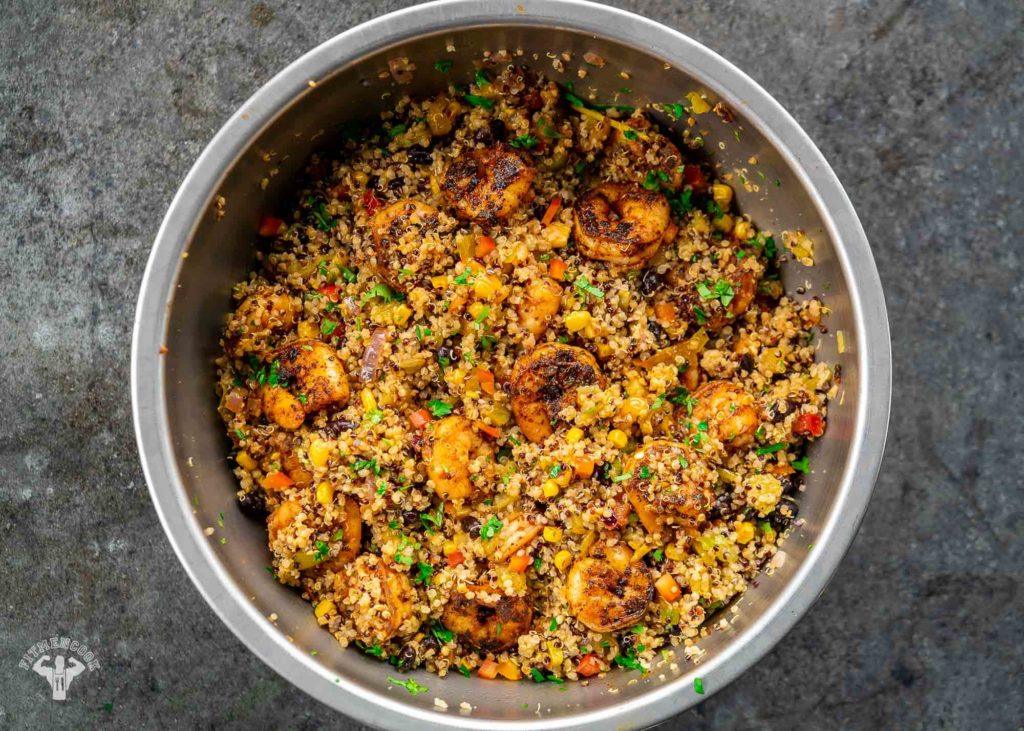
Quinoa is a pseudo-oat that has turned out to be staggeringly prominent among wellbeing cognizant individuals over the most recent couple of years.
It’s stacked with numerous supplements, including protein, magnesium, iron, zinc, potassium and cell reinforcements, to give some examples.
Fiber content: 5.2 grams per cup of cooked quinoa, or 2.8 per 100 grams
Oats (10.6%)
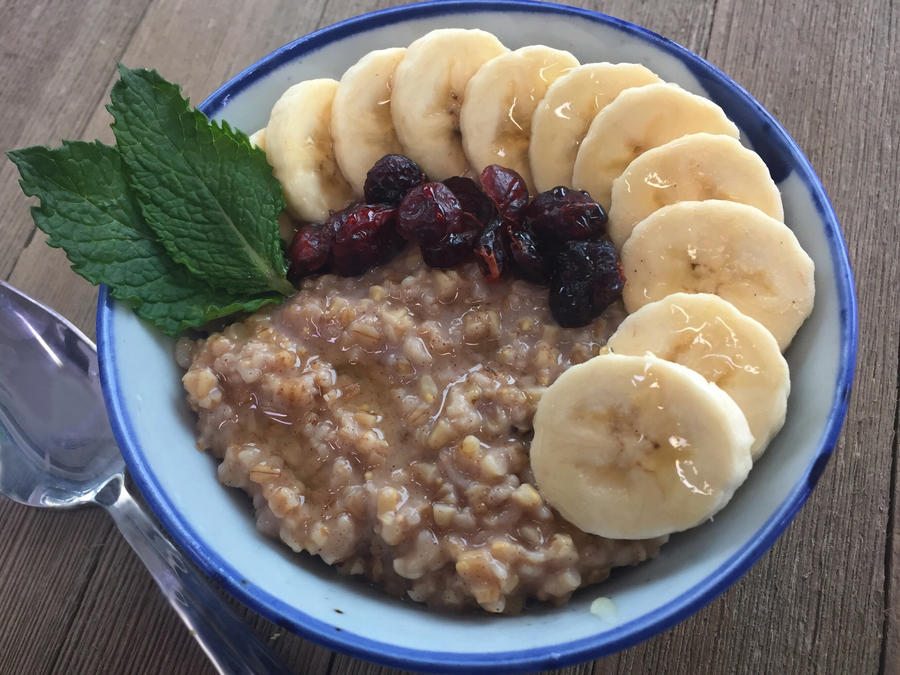
Oats are among the most advantageous grain nourishments on earth. They’re high in nutrients, minerals and cell reinforcements.
They contain a ground-breaking solvent fiber called oat beta-glucan, which has major valuable consequences for glucose and cholesterol levels (25Trusted Source, 26Trusted Source).
Fiber content: 16.5 grams per cup of crude oats, or 10.6 grams per 100 grams
Popcorn (14.5%)
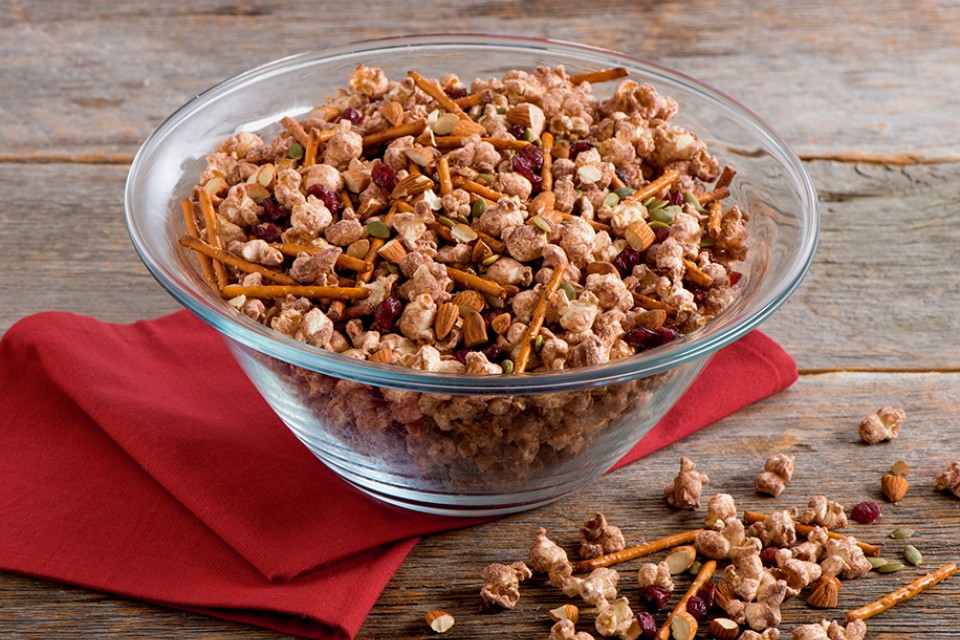
On the off chance that you will likely build your fiber consumption, popcorn might be the best nibble you can eat.
Air-popped popcorn is extremely high in fiber, calorie for calorie. Notwithstanding, on the off chance that you include a great deal of fat, at that point the fiber-calorie proportion will be decreased essentially.
Fiber content: 1.2 grams per cup of air-popped popcorn, or 14.5 grams per 100 grams
Almonds (12.5%)
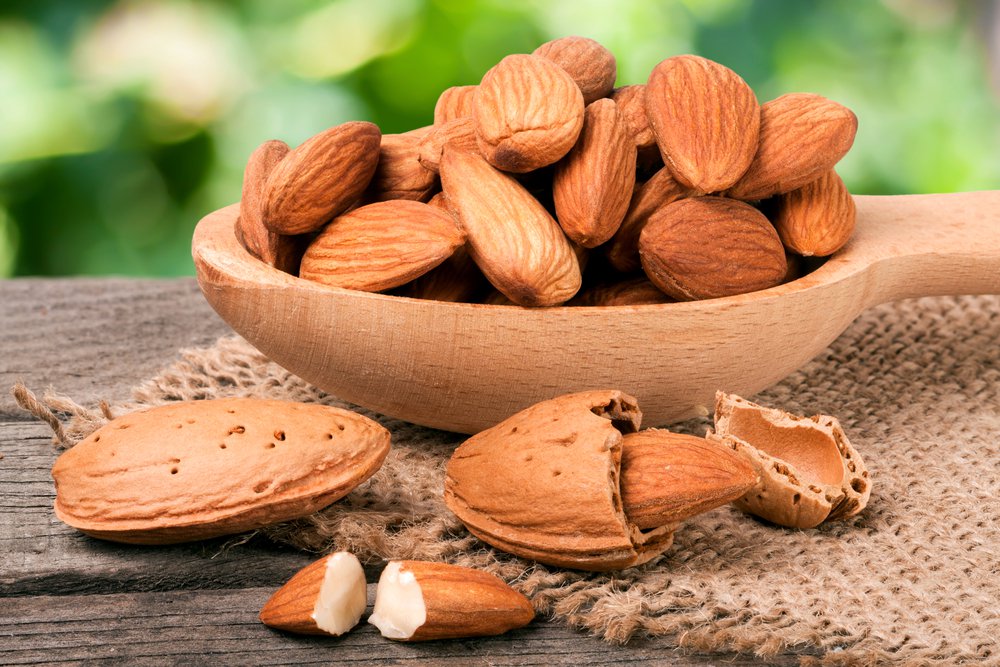
Almonds are a famous kind of tree nut.
They’re high in numerous supplements, including sound fats, nutrient E, manganese and magnesium.
Fiber content: 3.4 grams per ounce, or 12.5 grams per 100 grams
Chia Seeds (34.4%)

Chia seeds are minor dark seeds that are hugely well known in the common wellbeing network.
They’re very nutritious, containing high measures of magnesium, phosphorus and calcium.
Chia seeds may likewise be the absolute best wellspring of fiber on earth.
Fiber content: 10.6 grams per ounce of dried chia seeds, or 34.4 grams per 100 grams
Sweet Potatoes (2.5%)
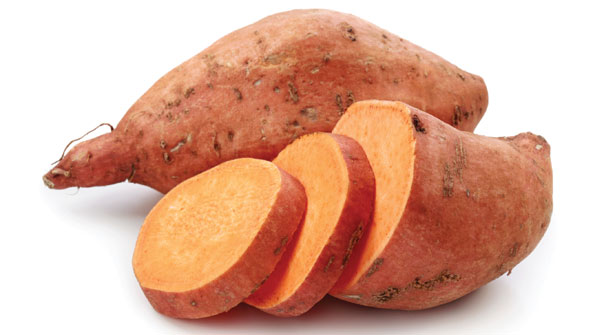
The sweet potato is a well known tuber that is very filling and has a delectable sweet flavor. It’s exceptionally high in beta-carotene, B nutrients and different minerals.
Fiber content: A medium-sized bubbled sweet potato (without skin) has 3.8 grams of fiber, or 2.5 grams per 100 grams
Dull Chocolate (10.9%)
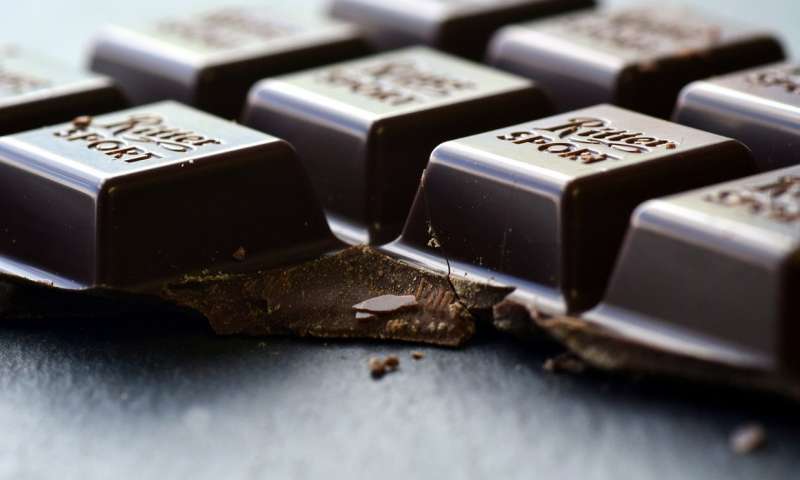
Dark chocolate is apparently one of the world’s most tasty sustenances.
It’s additionally shockingly high in supplements and one of the most cancer prevention agent rich and supplement thick nourishment on the planet.
Simply try to pick dim chocolate that has a cocoa substance of 70–95% or higher and maintain a strategic distance from items stacked with included sugar.
Fiber content: 3.1 grams in a 1-ounce piece, or 10.9 grams per 100 grams
